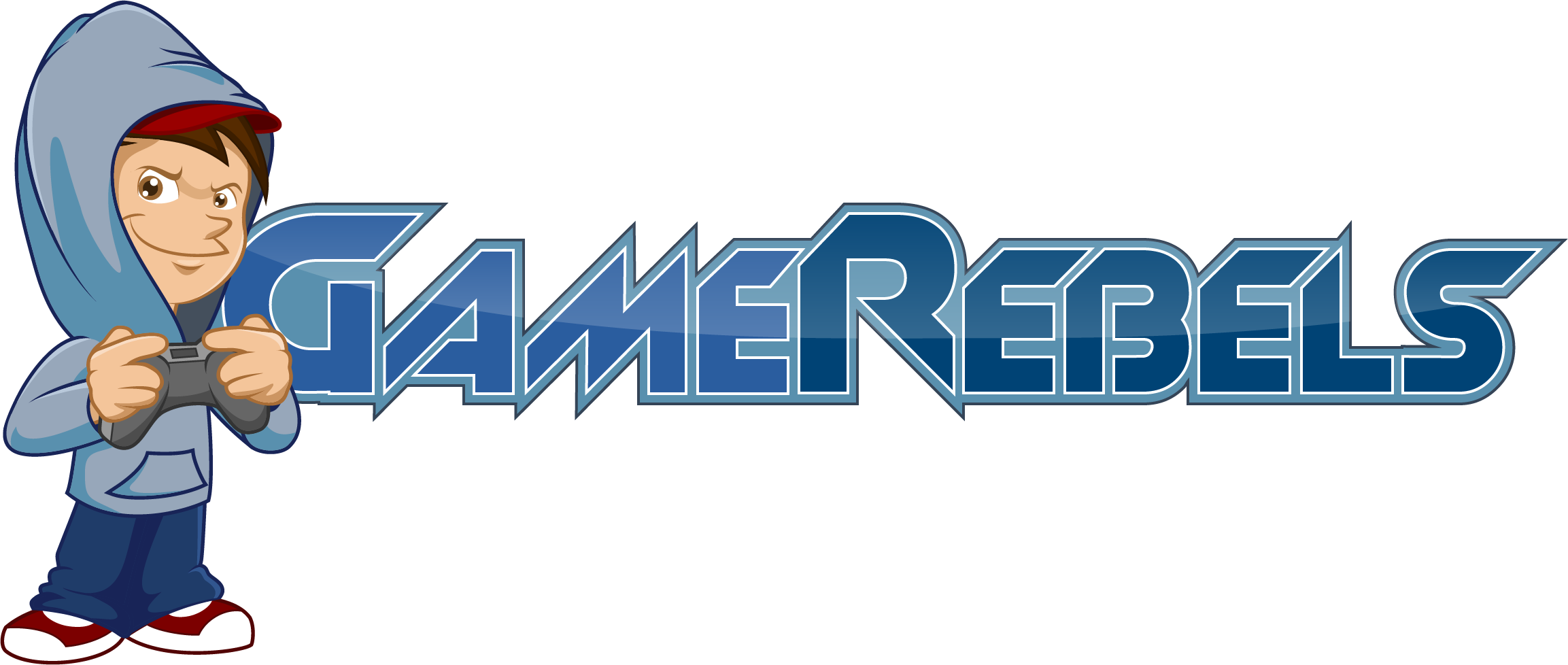In hindsight I honestly have to disagree with the late, great Mr. Iwata. Nintendo has eschewed the long-entrenched policy of selling consoles at a loss. And, I mean, good on him trying to turn a profit. That's what's good companies do, after all. But hardware has just about always been a loss-leader for every company who wishes to get in this game, making it up on the back end by supporting it with quality software.
Ultimately there's no one thing you can point at and say "this is why the Wii U under-performed". It had very poor marketing to the point I even experienced people who thought it was a Wii peripheral. Nintendo chose to use proprietary hardware which meant third party developers ran away screaming from it in an age when x86 standardization, and the greater ease of development time and costs that go with it, is the way of the industry. This meant Nintendo had to prop up the hardware almost all by itself, and that is why titles came out at such a slow trickle. While I personally loved the dual screen approach, I don't deny that the tablet controller ate a huge portion of the console's available monetary resources which resulted in a weaker core component set. Though I don't agree it should be, for many people those core numbers are a huge selling point.
But yes, among all of those issues, the price point was off. It was a "weaker" console on paper, which had little third party support, and was sold at pretty much standard price. If Nintendo had taken the loss they may have gotten it in more homes in the long run, making it a big enough competitor to pursued third parties to eat the difficulty of programming for it. You can never know for sure with these "what-if" games we like to play, but I find this to be a compelling argument.

